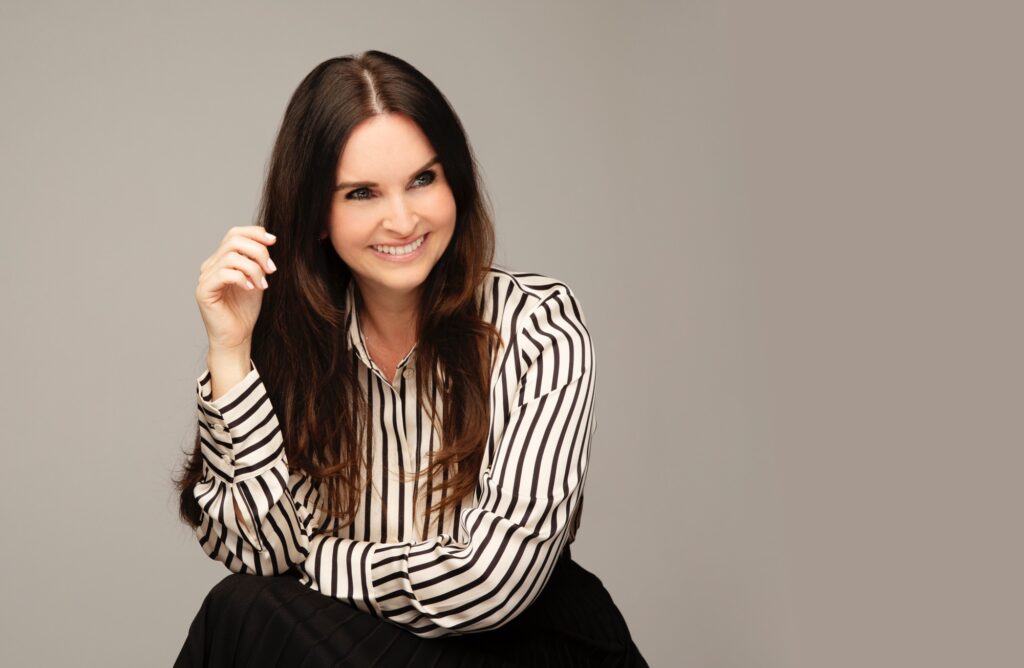Having fallen into procurement 15 years ago Zoe Brooks has forged a stellar career. With experience across consulting, utilities, automotive, aviation, and now hospitality, it’s fair to say that Zoe’s thirst for learning and testing the status quo is exactly what today’s procurement world needs. Presently serving as Director of Procurement for The Atlantis Resorts, Zoe was both generous and enthusiastic when taking time to answer our questions.
Zoe, firstly what do you love about Procurement?
I love that no day is the same! The variety keeps it interesting. I have been working in procurement for 15 years and have worked across multiple industries, keeping things exciting. Procurement constantly evolves with new technologies and market trends, offering opportunities for continuous learning. It’s the perfect role for me. Anyone who knows me will tell you that I love to plan, organise and be structured, a skill I believe is instrumental in procurement. I also love to shop and be resourceful, so what better career than one where I can research, explore options, analyse and ensure value? I get to collaborate and work closely with so many people, all with different knowledge and experience to learn from. It’s great having a holistic view of what is taking place across an organisation and being able to influence through various initiatives. I enjoy the variety of tasks and opportunities and the professional growth that it offers.
How did you get into Procurement? Was your perception of Procurement different to the reality?
Like many, I fell into procurement. In 2007, I decided I needed a change; I had worked in the automotive industry in service-led roles for many years. I signed up with a recruitment agency, and they contacted me for a temporary buyer role working for a door entry and access control company procuring mainly electronic components. Back then, I didn’t have any perceptions of what procurement was. I was just excited to try the new role. I worked very closely with the operations and sales team, learning that the purchase orders I would place for components needed to be ordered and received on time to manufacture confirmed customer orders, my first exposure to MRP without even realising it.
How has Procurement and the expectations placed upon it changed over time?
From purchasing to procurement, from post-box to value-add, from passing the commercials to procurement to negotiate the cost, these are some of the terms I use to describe the expectations and change. Procurement leaders can heavily influence the departmental positioning in an organisation. However, this depends on how receptive the overall organisational leadership culture is to viewing procurement as a value-added rather than an administrative back-of-house function.
Procurement has evolved significantly over time, driven by changes in business practices, technology and global markets. There has been so much digital transformation with great tech developed, and many organisations have adopted e-procurement to streamline processes and increase efficiency. Procurement now leverages data analytics for more significant insights, spend analysis and risk assessment for better decision-making. In many organisations, procurement has shifted from a purely transactional one to a strategic one where we not only bring cost savings but also improve supplier relationships and introduce innovation. I see an increased focus on compliance and regulation, which places new expectations on procurement to be familiar with laws and regulations such as GDPR and anti-corruption. We must also ensure that we source goods and services ethically and socially responsibly.
There have been many positive shifts in my 15 years working in procurement; the transformation is ongoing, and most businesses benefit from embracing the change. I enjoy the continuous improvement.
How do you feel procurement is perceived in general? What can procurement do better?
The perception of Procurement varies depending on the organisation, the stakeholders and the industry.
The traditional perception I have seen in some organisations is that procurement is a back-of-house admin function. There are some common stereotypes: all we care about is cutting costs, we are here to negotiate costs, procurement is the gatekeeper slowing down the processes and decisions, and we are not core to the company’s activities. However, perceptions of procurement are positively changing as the function becomes more of a strategic partner driving cost savings, innovation and adopting new technologies. These negative perceptions are more common when procurement does not have a seat at the executive committee table, and it is more challenging to address and actively communicate their value to the organisation. Procurement needs to demonstrate their positive contributions to the company’s success.
I see myself as an extension of the operations, a support function working towards the same goal as the wider business. Whilst governance, policy and process are essential, we are not spending our money at the end of the day. We need to be enablers. We also need to be flexible, nimble and agile to meet the demands of the business. We need to build trust and credibility.
Procurement is evolving at pace. The pace of change often calls for new skill sets and disciplines within a team. What value can Procurement source from adding non-procurement skilled staff to their teams?
I support bringing non-procurement skilled staff to the team if the opportunity arises. It is essential to maintain a balance and ensure the necessary training and support to understand the procurement fundamentals are available. However, it can bring invaluable benefits and introduce a diverse perspective and new skill set complementing a procurement team. Anything is possible for those with the right mindset, curiosity, and drive. I want the team to be keenly interested in how the business or operation works. That’s very important to me. Procurement could leverage the skills and knowledge of a chef who is considering a food-buying role. I have just hired a retail merchandising candidate, and we can benefit as a team from their expertise. I also like to bring knowledge and expertise from other industries.

